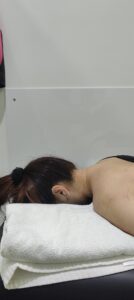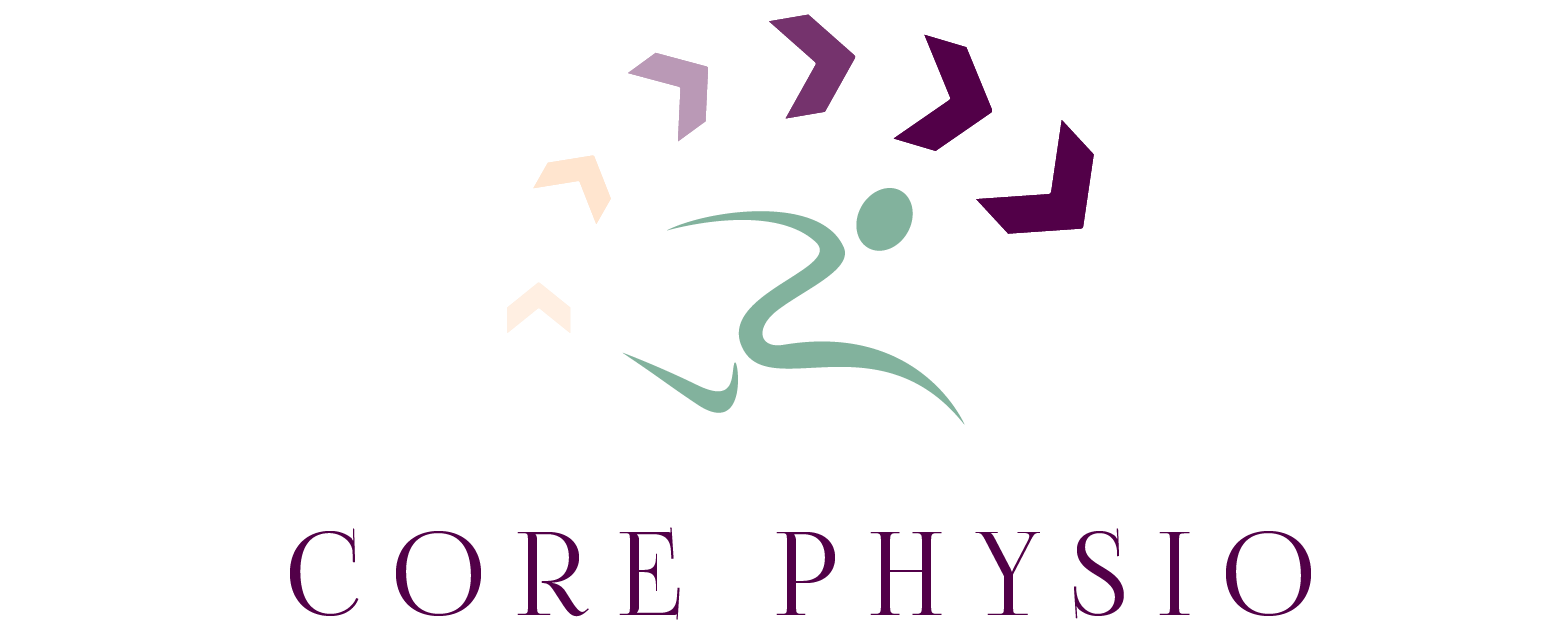Rotator Cuff Injuries
The Rotator cuff is a group of muscles surrounding the shoulder. They are made up of the supraspinatus, infraspinatus, sub–scapularis and teres minor muscles. While these muscles are small and not that powerful, they play a critical role in how the shoulder moves. Without your rotator cuff, you would not be able to lift your arm very far from your side. The job of the rotator cuff is to guide the direction of the shoulder head down and spin so that it doesn’t hit on the bone (acromion) above it. When the rotator cuff is weak, the head of the shoulder rides up slamming into the bone above it.
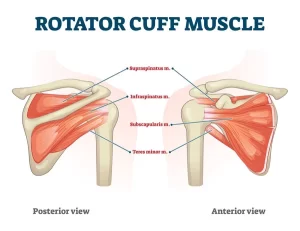
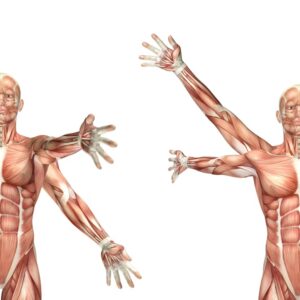
The rotator cuff takes a lot of abuse over a lifetime and tearing is very common as we age. Many factors can lead to injury to the rotator cuff such as fall on the shoulder, repetitive overhead and lifting movements, sports injuries, poor posture or heavy lifting in abnormal positions.
Rotator cuff tears can be minor, causing pain and inflammation, or major which can require surgery.
Lorem ipsum dolor sit amet, consectetur adipiscing elit. Ut elit tellus, luctus nec ullamcorper mattis, pulvinar dapibus leo.
How physical therapy can help you
Often, with small tears of one or two muscles of rotator cuff, physical therapy can dramatically reduce pain, improve function and allow you to lead an active lifestyle without any problems. Our physical therapists will work with you to relieve pain and inflammation, improve your shoulder and shoulder blade stability, work and restore proper joint mobility, and improve the strength of your rotator cuff muscles.
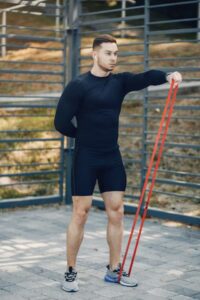
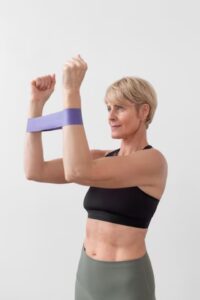
Physical therapy is a very important part of preparing for surgery as well as rehabilitating after surgery. In case of a surgery, depending on a variety factor such as age, bone health, the quality of the tissue, the extent of the tear and other health factors, the recovery can take between 3-6 months. If surgery is needed, we work closely with your surgeon to follow his/her protocol on rehabilitation. The beginning of therapy focuses on reducing pain, education on protection of the surgery repair, and maintaining a certain range of motion. Over time, as your surgeon allows, range of motion is increased, joint mobility is restored and finally very gentle strengthening is begun.
Towards the end of your physical therapy further strengthening and complete range of motion will be attained for your shoulder. Call us today to learn more about how we help your rotator cuff perform better and relieve your shoulder pain.

